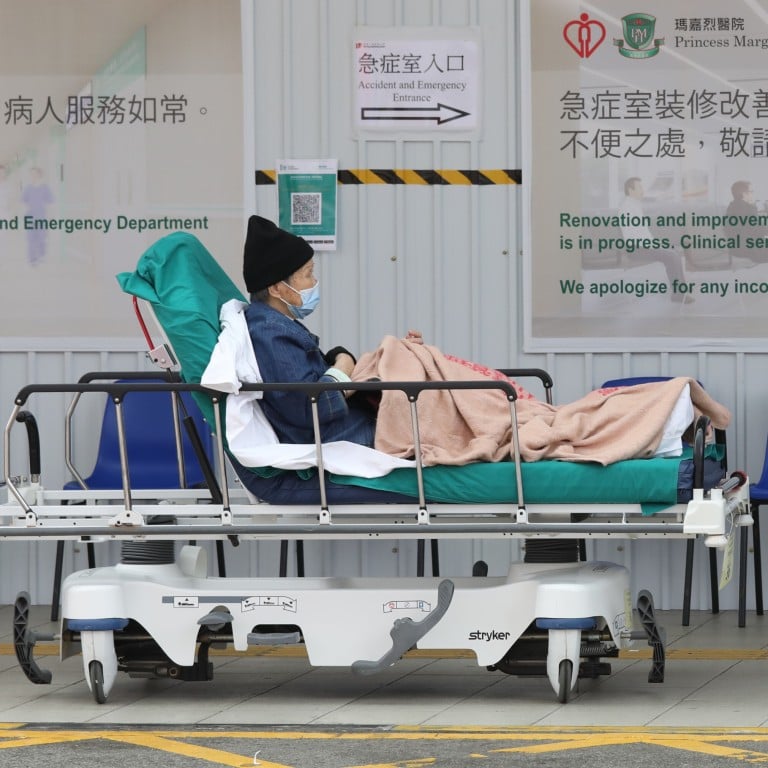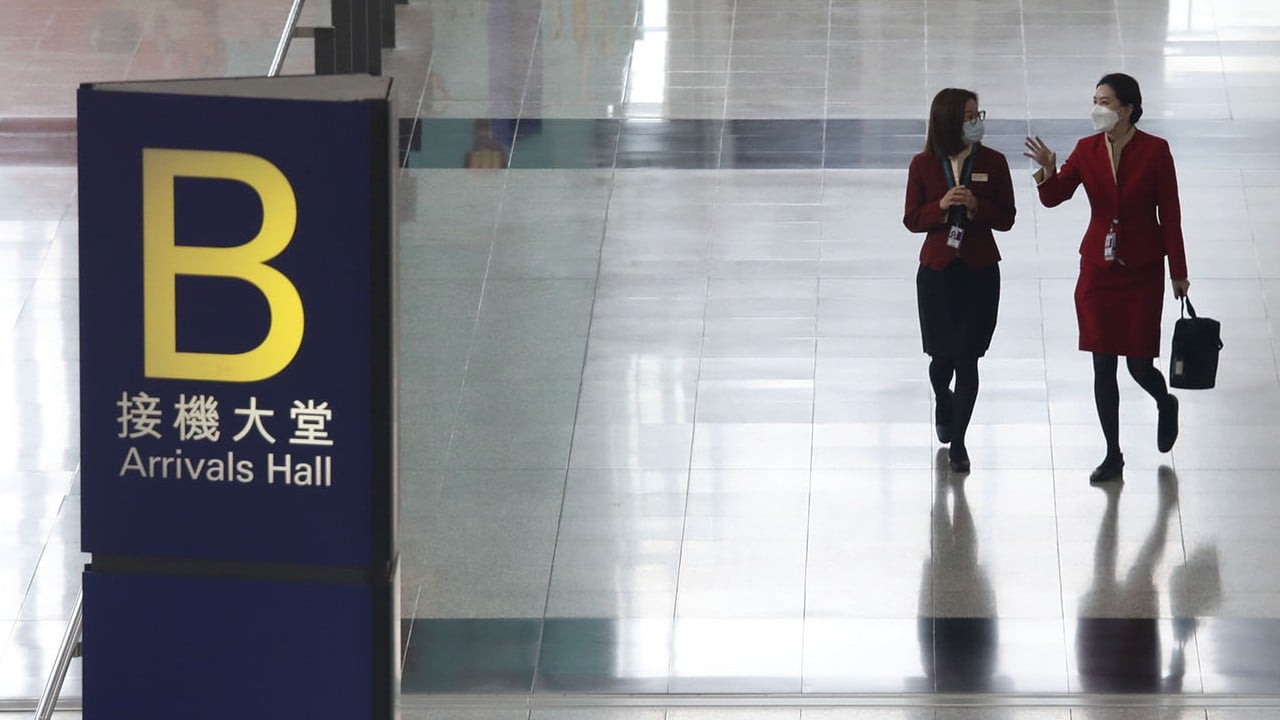
Long Covid: more than 40 per cent of coronavirus patients still suffer from lingering symptoms, Hong Kong study shows
- Hong Kong Polytechnic University tested 118 patients with aerobic and muscle endurance exercises to improve fatigue levels, symptoms of ‘long Covid’
- Fatigue from long Covid more common among women, with 50 per cent of those in study reporting symptoms, compared with 30 per cent among men
More than 40 per cent of people infected with the coronavirus still suffer from “long Covid” symptoms within a year of diagnosis, with women more susceptible to the condition, a study by Hong Kong Polytechnic University (PolyU) has shown.
A total of 118 participants were polled between October 2020 and January 2022, with experts devising a series of aerobic and muscle endurance exercises to improve fatigue levels of long Covid patients. But more time is needed to analyse those who caught the Omicron variant.
Fatigue scores were related to vital capacity and lower muscle strength in 101 subjects within six months of diagnosis. Some 63 respondents also reported fatigue associated with accelerated walking 12 months after their diagnosis.
Fatigue from long Covid was more common among women, with 50 per cent of those in the study reporting symptoms, compared with 30 per cent among men.
Vaccines for the elderly is one of Hong Kong’s best shots for reopening
The findings were released by PolyU’s department of rehabilitation sciences on Wednesday, with the research aimed at following up on the health status of recovered Covid-19 patients to formulate a rehabilitation programme for lingering symptoms.
Based on the varying symptoms and time lengths from diagnosis, an estimated 43 per cent of all patients polled were found to have long Covid.
Associate head and department professor Amy Fu said: “[For recovered patients] who do not have long Covid now, it doesn’t mean they won’t get it after some months. People should recognise this and do something themselves, and the exercises are beneficial, with no side effects.”
Post-infection conditions mostly appear several weeks to months after diagnosis, ranging from fatigue to shortness of breath and cognitive dysfunction, according to the World Health Organization.
The research team designed a six-week training programme for 24 participants aged 27 to 80, under which they attended classes twice a week and carried out home exercises three times a week.
Arnold Wong, an associate professor from the department, said three-quarters of participants reported improved fatigue symptoms, such as in lung and muscle capacity.
He recommended that recovered patients aged 18 to 40 do 20 to 30 minutes of aerobic activities every day such as climbing the stairs or jogging. Those aged 65 and above can perform easier exercises such as brisk walking in the same period of time.
Other forms of rehabilitation exercises include squats and knee raises, while people can also use gym equipment and resistance bands for muscle strengthening and endurance training. Patients should also monitor their heart rate with electronic devices to make sure they are not overexerting themselves, Wong added.
“Physically these are safe exercises, everyone can do it and it’s nothing too rigorous, but intensity can be adjusted accordingly. The main goal is that a person feels tired and a little breathless, but can still talk,” he said.
Hong Kong can’t ‘lie flat’ despite easing of Covid rules, Chinese expert warns
Wong also said bedridden patients could still perform upper-limb exercises or ask carers to assist them, while young children could join parents in such activities.
But the team acknowledged that the study was done before the fifth wave broke out in Hong Kong, fuelled by the more transmissible Omicron variant.
“Currently, we are analysing around 50 recovered Omicron patients. We hope more patients can volunteer to participate in our study, so we can make comparisons and see if they are different,” Fu said.


